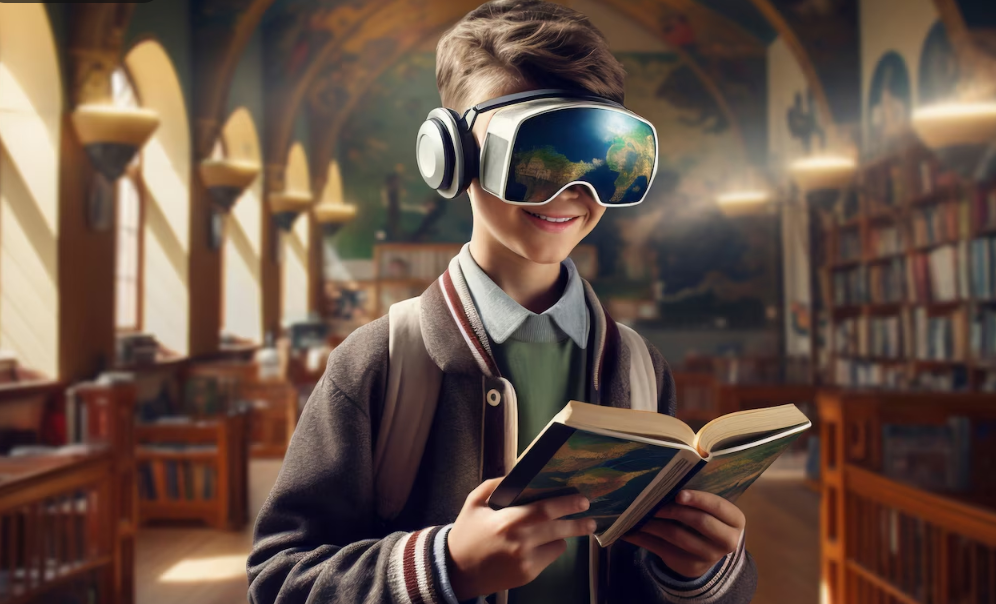The digital age has brought about a wave of innovations in nearly every field, and mental health care is no exception. With rising awareness of mental health challenges and the need for more accessible and effective treatments, new technologies are playing a crucial role in reshaping how care is delivered. From virtual therapy to AI-driven diagnostics, technology is enhancing the way mental health services are offered, making them more personalized, scalable, and convenient. This article explores some of the latest technological advancements in mental health care.
Telemedicine: Virtual Therapy at Your Fingertips
🌐 Telehealth Platforms
Telemedicine has become a cornerstone of modern mental health care, especially following the COVID-19 pandemic. Online platforms and video consultations have allowed patients to access therapy and counseling services from the comfort of their homes. This has broken down barriers such as geographic limitations, long waiting times, and social stigma.
- Therapists and psychiatrists are now just a click away for millions of individuals.
- Online platforms like BetterHelp and Talkspace provide easy access to licensed professionals via text, voice, and video sessions.
This virtual model has not only improved access but also created more flexible treatment options, allowing patients to schedule appointments around their busy lives.
AI and Machine Learning: Enhancing Diagnostics and Treatment
🤖 Artificial Intelligence in Mental Health
AI is making significant strides in improving mental health diagnostics and treatment planning. Machine learning algorithms are being used to analyze patterns in data — such as speech, facial expressions, or behavioral cues — to diagnose mental health conditions more accurately and swiftly.
- AI-powered apps can analyze user behavior, identify potential signs of depression or anxiety, and suggest interventions or connect users with care providers.
- Predictive algorithms help mental health professionals assess a patient’s risk and offer tailored treatment plans.
This level of personalized care is helping clinicians to identify mental health issues earlier and provide targeted interventions.
Wearable Devices: Monitoring Mental Health in Real-Time
🧠 Biofeedback and Wearables
Wearable devices, such as smartwatches and specialized fitness trackers, are evolving beyond their typical functions to monitor mental health in real-time. These devices track biometric data like heart rate, sleep patterns, and physical activity, offering insights into a person’s emotional and mental state.
- Biofeedback technology provides real-time data on stress levels, enabling users to learn how to control their physical responses to anxiety or panic.
- Sleep trackers help individuals understand how their sleep patterns affect mental well-being, leading to more proactive treatment for conditions like insomnia or depression.
These devices empower individuals to take control of their mental health by providing daily feedback and actionable insights.
Virtual Reality (VR) Therapy: Immersive Treatment Experiences
🎮 VR for Exposure Therapy and Stress Relief
Virtual Reality is being utilized to help treat a wide range of mental health issues, including phobias, PTSD (Post-Traumatic Stress Disorder), and anxiety disorders. VR therapy immerses patients in controlled, virtual environments to help them confront and manage their fears in a safe, monitored space.
- Exposure therapy uses VR to gradually expose patients to stressors or triggers, allowing them to process and desensitize their fears.
- Relaxation VR environments help individuals manage stress and anxiety by immersing them in calming, meditative virtual spaces.
VR offers a unique, highly engaging way to treat mental health issues that traditional therapies may not fully address.
Mental Health Apps: Self-Help and Support at Your Fingertips
📱 Mobile Applications for Mental Well-Being
The popularity of mental health apps has skyrocketed, providing individuals with resources, coping tools, and support for managing everyday mental health challenges. These apps are accessible, affordable, and often offer real-time support.
- Mindfulness and meditation apps like Headspace and Calm help users reduce stress, improve focus, and sleep better.
- Mood tracking apps like Daylio allow users to track their emotions, behaviors, and triggers, helping them better understand their mental state and triggers over time.
These apps help users to proactively manage their mental health and supplement traditional therapy or medication when needed.
Blockchain Technology: Securing Mental Health Data
🔒 Confidentiality and Privacy
Privacy and confidentiality are critical in mental health care. As more people access mental health services digitally, ensuring the security of their personal data becomes a priority. Blockchain technology, known for its secure and decentralized nature, is beginning to find applications in health care.
- Blockchain-based platforms ensure that mental health records are encrypted and securely shared, preventing unauthorized access.
- This technology could pave the way for greater patient control over their data, allowing them to decide who can access their mental health information and under what circumstances.
Blockchain could be key in fostering trust in digital mental health services by ensuring that sensitive data is protected.
Challenges and Considerations
While technology offers significant advancements, there are several challenges to consider:
- Data privacy and security: Protecting patient information from breaches is a critical concern.
- Access and equity: While these technologies can improve access for many, there are still populations without reliable access to the internet or modern devices.
- Regulation and oversight: As the mental health technology landscape grows, appropriate regulations must be established to ensure safety and efficacy.
The Future of Technology in Mental Health Care
The integration of new technologies into mental health care is just beginning, and the potential is vast. In the future, we can expect:
- More personalized treatment plans based on AI analysis of patient data.
- Integrated mental health care that combines therapy, medication, and self-care tools in a seamless digital experience.
- Increased global accessibility, as telehealth and mobile apps break down geographic and socio-economic barriers.
As technology continues to advance, the future of mental health care looks brighter, offering new solutions to improve access, treatment, and overall well-being.


